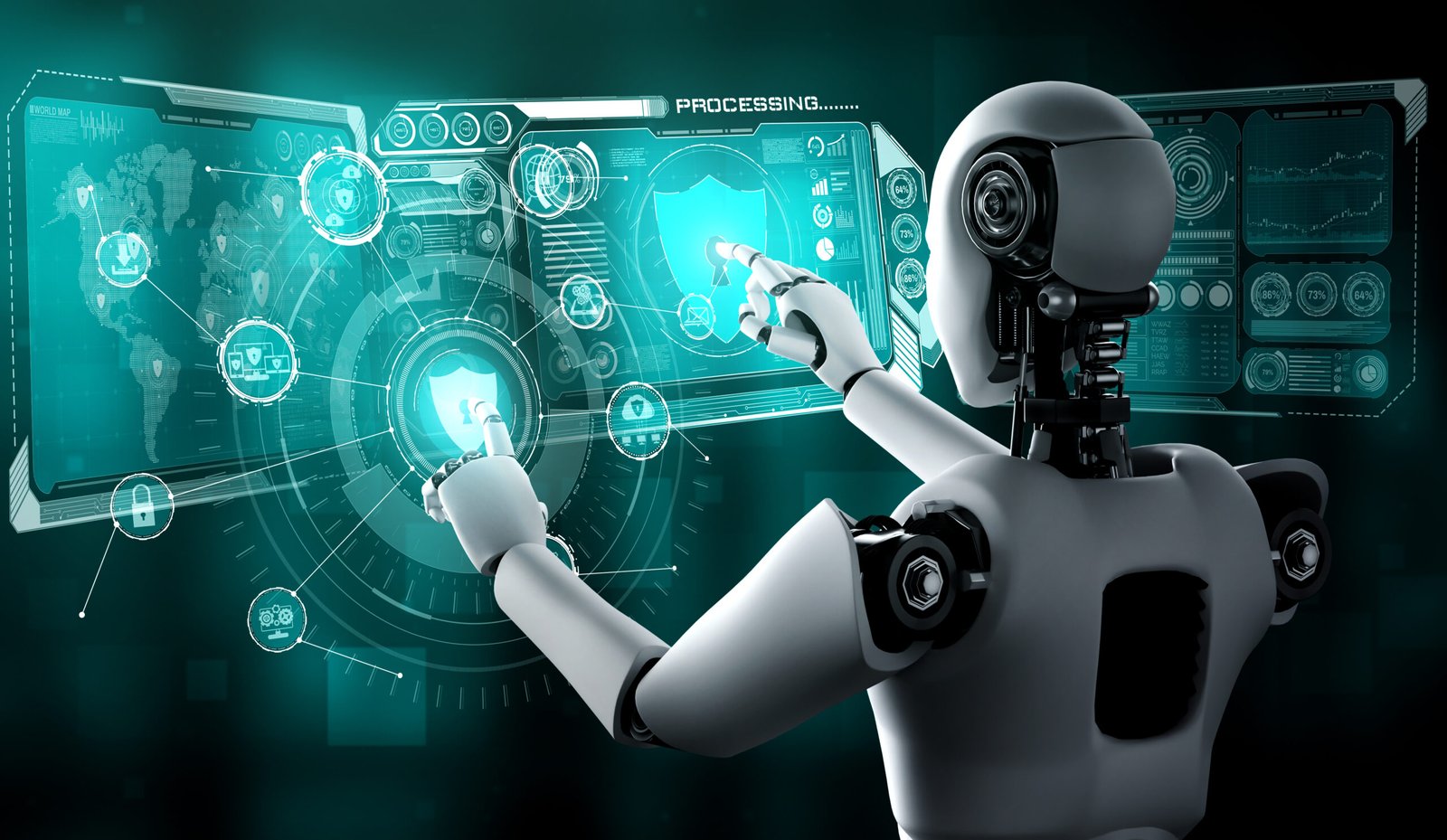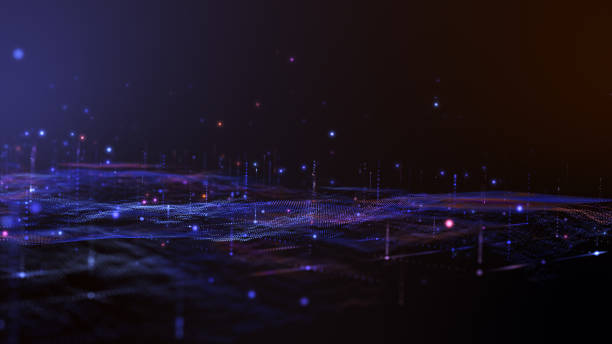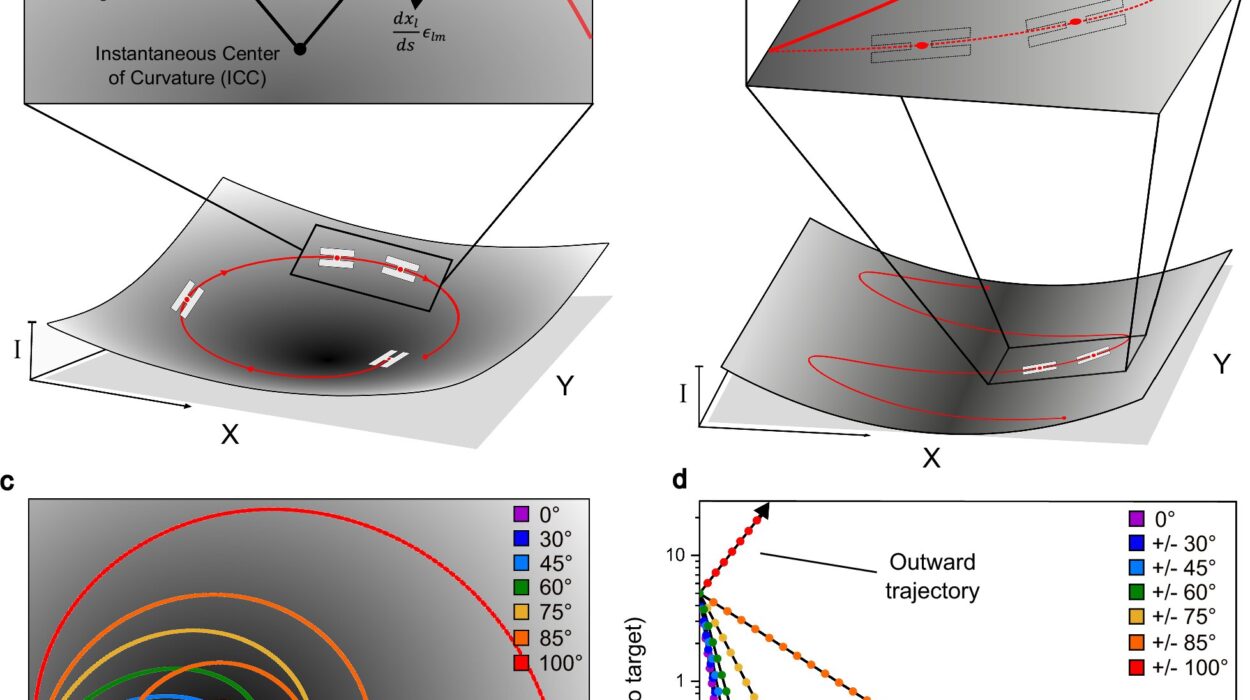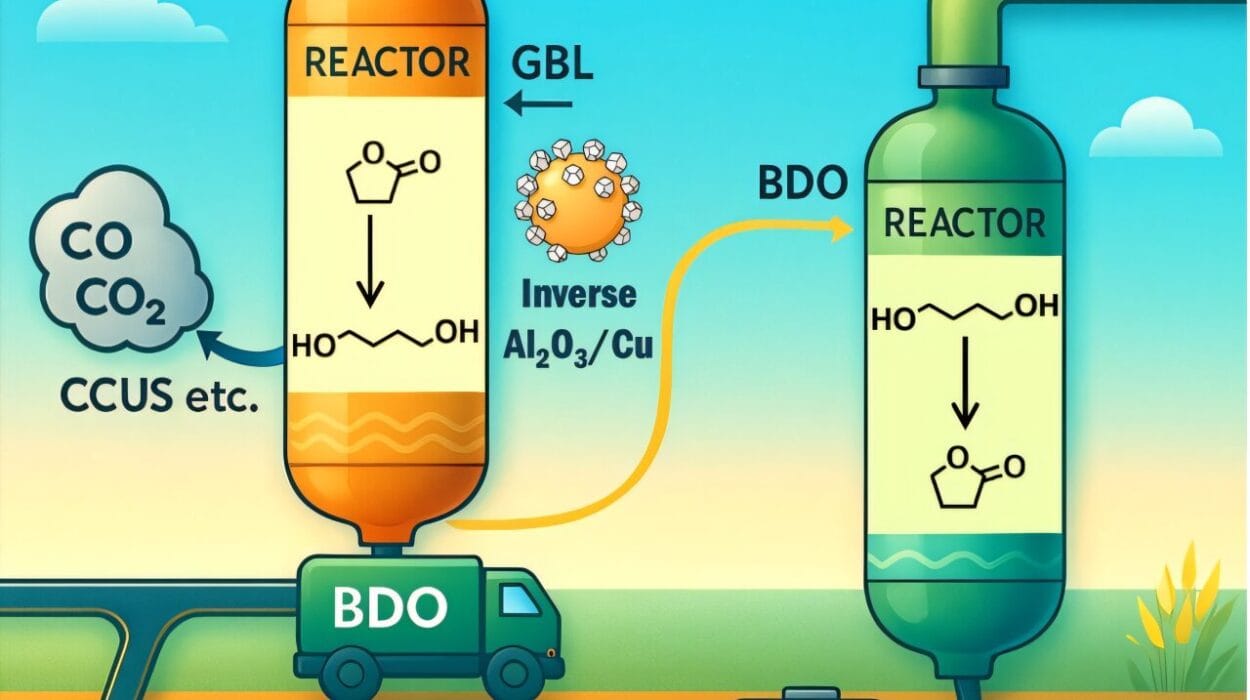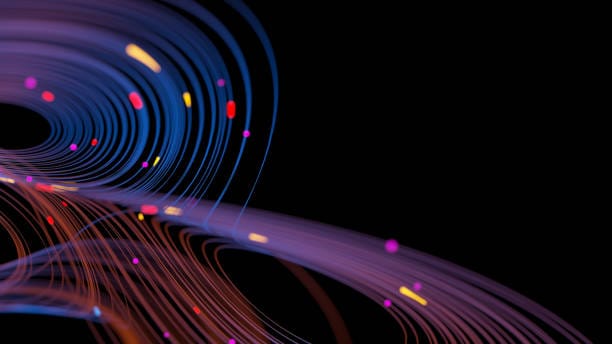Somewhere, in a quiet lab humming with servers, or perhaps in a garage where genius outpaces funding, something is being built. A line of code, a neural implant, a molecular breakthrough, a quantum flicker. Small, fragile, almost invisible. Yet this thing—this idea, this machine, this system—may one day shape what it means to be human.
We often look backward to understand our species: cave fires, pyramids, steam engines, satellites. But the future does not arrive with trumpets. It slips in through quiet doors. Sometimes through screens. Sometimes through wires. And sometimes through questions that terrify us.
What if this is not the final version of us?
What if we are only halfway human?
And what if technology is not merely a tool—but the mirror, the catalyst, and the architect of what we are about to become?
This is the story of the technologies rising now—some already here, others on the cusp—that don’t just improve life, but fundamentally transform it. Technologies that force us to ask, not “What can we do?” but “What will we be?”
Because whether we’re ready or not, we are standing on the edge of a great rewriting.
And destiny is no longer in the stars.
It’s in our hands.
The Dawn of Artificial Minds
Once, intelligence was thought to be a gift bestowed only on biology. Minds, it was assumed, must come wrapped in flesh, born from evolution, grown through suffering and love.
But artificial intelligence has shattered that illusion.
We are now teaching machines to see, hear, speak, and reason. Not perfectly. Not with consciousness—yet. But with capabilities once reserved for myth. GPTs write poetry. Algorithms diagnose diseases. Deep learning systems compose symphonies, trade stocks, detect cancers, write laws.
At first, these AI systems were tools—narrow specialists helping us speed up tasks. But they are evolving into collaborators. Partners. And maybe, someday, rivals.
What happens when minds exist that are faster, more precise, more scalable than ours?
It’s not just about jobs or economics. It’s about meaning. Worth. Identity.
If a machine can outperform a human in creativity, empathy, decision-making—what is left that is uniquely us?
Some dream of Artificial General Intelligence (AGI)—a mind as adaptable and intelligent as a human, but unlimited by biology. Others fear it. Rightfully so. Because intelligence is power. And power without wisdom has always been dangerous.
But maybe the real revolution isn’t the machines.
Maybe it’s what they reveal about us.
AI is forcing humanity to confront itself: to define what consciousness is, to ask what morality means, to decide whether our creators—us—are worthy of what we create.
The Code of Life, Rewritten
Not all revolutions hum with silicon.
Some pulse with carbon. With cells. With DNA.
The genome—the ancient script inside every cell—was once a sacred mystery. But today, we read it like software. And we are beginning to edit it.
CRISPR-Cas9 and other gene-editing tools allow scientists to snip, rearrange, and rewrite the human code. We have cured rare genetic disorders. Engineered immune cells to fight cancer. Edited embryos. We stand on the threshold of eliminating inherited diseases. Of extending life. Of enhancing human traits.
But with power comes peril.
Because the line between therapy and enhancement is razor-thin. What begins as a cure can become a competition. A market. A means to engineer not just health, but ability. Intelligence. Appearance.
Who gets to decide what is “better”?
What happens when inequality is written into the genome?
And what will it mean to be “natural” in a world where biology is editable?
Gene editing may end suffering. Or it may open a new caste system—where destiny is no longer random, but purchased.
Yet the dream persists: that we might heal what evolution could not. That we might become, not post-human, but more human—stronger, kinder, more resilient.
We are no longer just evolving.
We are designing.
Merging with Machines
It starts with a hearing aid. A prosthetic limb. A pacemaker. Simple things. Helpful things.
Then come the cochlear implants. The artificial retinas. The neural stimulators that treat Parkinson’s, epilepsy, depression.
Now, we are mapping the brain. We are building brain-computer interfaces. We are connecting thought to action—directly.
In labs around the world, researchers are decoding the language of neurons. Some have enabled paralyzed individuals to type with their minds. Others have restored a sense of touch to prosthetic limbs. Elon Musk’s Neuralink promises a future where minds interface seamlessly with machines.
This is not science fiction. This is now.
And if we can read the brain, what stops us from writing to it?
Soon, we may not just use smartphones—we may become them. Augmented with memory expansion, enhanced cognition, direct brain-to-brain communication.
The human body is becoming a platform.
The mind, a programmable interface.
Will we still be ourselves?
Or something new?
Transhumanism—the idea that humans can and should enhance themselves through technology—has long been fringe. But it is moving mainstream.
And we must ask: is this liberation from biology? Or a slow surrender of our essence?
The Quantum Awakening
Deep beneath the surface of understanding, in a realm where particles blur into waves and reality warps with observation, lies quantum physics.
It is a field so strange it defies intuition. But from its mysteries emerges a new frontier: quantum technology.
Quantum computers promise to solve problems no classical computer ever could—factoring numbers at impossible speeds, simulating molecules for new drugs, breaking and remaking encryption systems.
If AI is the brain, quantum computing may be the soul of the technological future. It offers answers to problems we haven’t even imagined yet.
But quantum tech isn’t just about computing.
It is about entanglement—the eerie connection of particles across distance. About superposition—the ability to be in many states at once. It challenges our deepest assumptions about cause, effect, and even time itself.
As quantum sensors emerge, we may detect the imperceptible. As quantum encryption spreads, we may create unhackable communication. And as quantum minds awaken—if they do—our understanding of reality itself may shift.
Quantum technology isn’t just powerful.
It is mystical.
And it may open the doors not just to new capabilities, but to new philosophies.
Synthetic Realities
Imagine a world so immersive, so real-feeling, that your brain forgets it’s fiction.
Now realize—we are almost there.
Virtual reality (VR) and augmented reality (AR) are advancing rapidly. Soon, entire digital worlds will be indistinguishable from the physical one. The metaverse, for all its hype and missteps, is a glimpse of what’s coming: spaces where we work, love, learn, and create in parallel to physical life.
This isn’t about escapism. It’s about expansion.
Why build schools when you can build infinite ones in code? Why visit a museum when you can walk through the dreams of human history? Why accept one identity, one body, one face—when digital existence lets you become anything?
The line between real and virtual is vanishing.
And in doing so, it challenges every definition of meaning, relationship, experience.
Will we become gods of our own realities?
Or prisoners of illusion?
What does it mean to feel awe in a world you can program?
We are not just building simulations.
We are entering them.
And the boundaries of reality are dissolving in pixels and light.
Climate Tech and the Fight for Survival
Amid all this power, one truth looms.
None of it matters if we lose the planet.
Climate change is no longer a theory. It is a fire in the forest. A flood in the street. A drought that withers crops and displaces families.
And yet—technology is rising to meet this crisis too.
Carbon capture. Clean energy. AI-optimized farming. Geoengineering. Synthetic meat. Lab-grown forests. Climate modeling at planetary scale.
These are not band-aids. These are transformations.
Some will fail. Some may succeed too late. But the point is this: humanity has never faced a problem this vast, and never had tools this powerful.
We are not just saving the world.
We are rebuilding it.
And in doing so, we may rediscover something technology often obscures: our connection to Earth. Our interdependence. Our smallness. And our stewardship.
Ethics, Power, and the Soul of the Species
All of this—AI, gene editing, brain-machine interfaces, quantum computing, virtual reality, climate tech—is not about circuits and labs.
It is about us.
Our fears. Our dreams. Our morality.
Because every tool is neutral until it meets human hands.
Will we use AI to liberate minds—or surveil them?
Will we edit genes to heal—or to dominate?
Will we merge with machines to transcend—or to control?
The greatest danger is not in what we build—but in what we become in the process.
Technology does not ask whether we are wise enough to wield it. It accelerates regardless. But history shows: every leap in capability must be matched by a leap in conscience.
And right now, our conscience is lagging.
We need new philosophies. New frameworks. Not just codes of ethics, but cultures of wisdom. We must teach our children not just to code, but to question. To not just build systems, but to ask whom they serve.
Because in the end, the real question is not what technology can do.
It’s what we should do with it.
And what we must become to deserve its power.
The Final Frontier Is Us
As we gaze toward the stars, launch missions to Mars, and contemplate digital immortality, one truth echoes beneath it all:
We are not escaping.
We are becoming.
This is not the end of humanity.
It is the beginning of something else.
But what?
A species augmented? A civilization uploaded? A soul embedded in code?
No one knows.
But one thing is certain.
The future is not waiting.
It is arriving.
And we are the ones writing it—line by line, byte by byte, breath by breath.
Not in some distant tomorrow.
But now.
This is the technology that could rewrite human destiny.
And the pen is in our hands.
